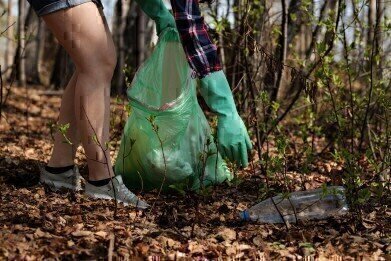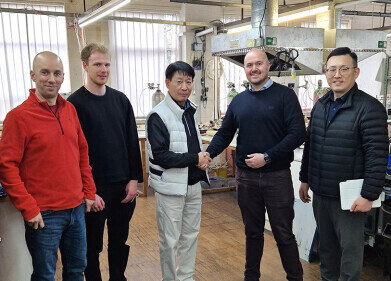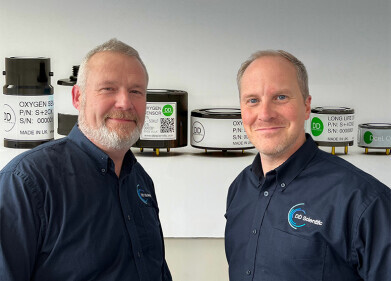Business News
Reuters Releases Shocking Illustrations of Plastic Pollution
Oct 31 2019
International news agency Reuters has released a powerful warning about the stark reality of the plastic pollution crisis facing the planet in the form of a series of images and illustrations. Taking as its central concern the fact that 481.6 plastic bottles were sold last year alone, the alarming article points out that that equates to almost one million bottles per second.
Not content with that damning statistic, the illustration then goes on to envisage how tall a pile of discarded plastic bottles would be after an hour, a day, a month, a year and a decade, comparing the theoretical pile to real-life landmarks around the globe at each turn. The results are a shocking visualisation of how quickly and wantonly we are polluting the planet we depend upon for our lives.
Environmental mountain, not molehill
According to the maths employed by the Reuters boffins, one hour would see 54.9 million bottles sold. If piled up all together, they would create a mountain larger than the 38m-high Christ the Redeemer statue in Rio de Janeiro, Brazil. After a day, the 1.3-billion-bottle pile would be half the size of the Paris’s Eiffel Tower at 324m, but after a month, it would be substantially bigger.
One year on, the 481.6 billion bottles would create a pile taller than the world’s tallest building, the Burj Khalifa in Dubai in the United Arab Emirates, which stands at an impressive 830m high. Over the last 10 years, Reuters estimate that the mountain would reach a height of 2.4km, making it almost double the size of any mountain in the UK and a behemoth which would overshadow the entirety of New York’s Manhattan Island.
Concerted effort urgently required
In 2015, a mere fifth of the 380 million metric tonnes of plastic were recycled, with 55% of that figure going into landfill or ending up in the ocean and a quarter being incinerated. Indeed, from 1950 to 2015, a mere 6% of the total amount of plastic manufactured was recycled, meaning that almost five billion tonnes were discarded outright.
While greater care must be taken by production companies to ensure they use materials and processes which facilitate recycling, ultimately plastic pollution is everyone's problem and a concerted effort from individuals, governments and corporations alike is required to tackle it. That includes changes to all of our daily habits, top-down measures from regulatory authorities and the implementation of best practices from manufacturing companies.
Industry opposed to cleaning up our act
In the EU, certain strides have been made in the fight against plastic pollution. 10 of the most commonly-found single-use items have been earmarked for an outright ban by the bloc before 2021, including everyday objects like plastic cutlery, straws and cotton buds. Encouraging attendances at events like the WWEM 2018 also show that the political will is backed up by a public one.
However, the concern is that this impetus is not being matched by all countries and all corporations around the world. Asia in particular endures a torrid reputation when it comes to its sustainable credentials and major oil industry concerns in that part of the world have insisted on ploughing yet more money into plastic-production facilities and other petrochemical plants, which signals that plastic production is only set to increase – despite the obvious environmental dangers associated with it.
Digital Edition
IET 34.2 March 2024
April 2024
Gas Detection - Biogas batch fermentation system for laboratory use with automatic gas analysis in real time Water/Wastewater - Upcycling sensors for sustainable nature management - Prist...
View all digital editions
Events
Apr 24 2024 Jakarta, Indonesia
Apr 24 2024 Sao Paulo, Brasil
Apr 30 2024 Melbourne, Australia
Apr 30 2024 Birmingham, UK
May 03 2024 Seoul, South Korea



















